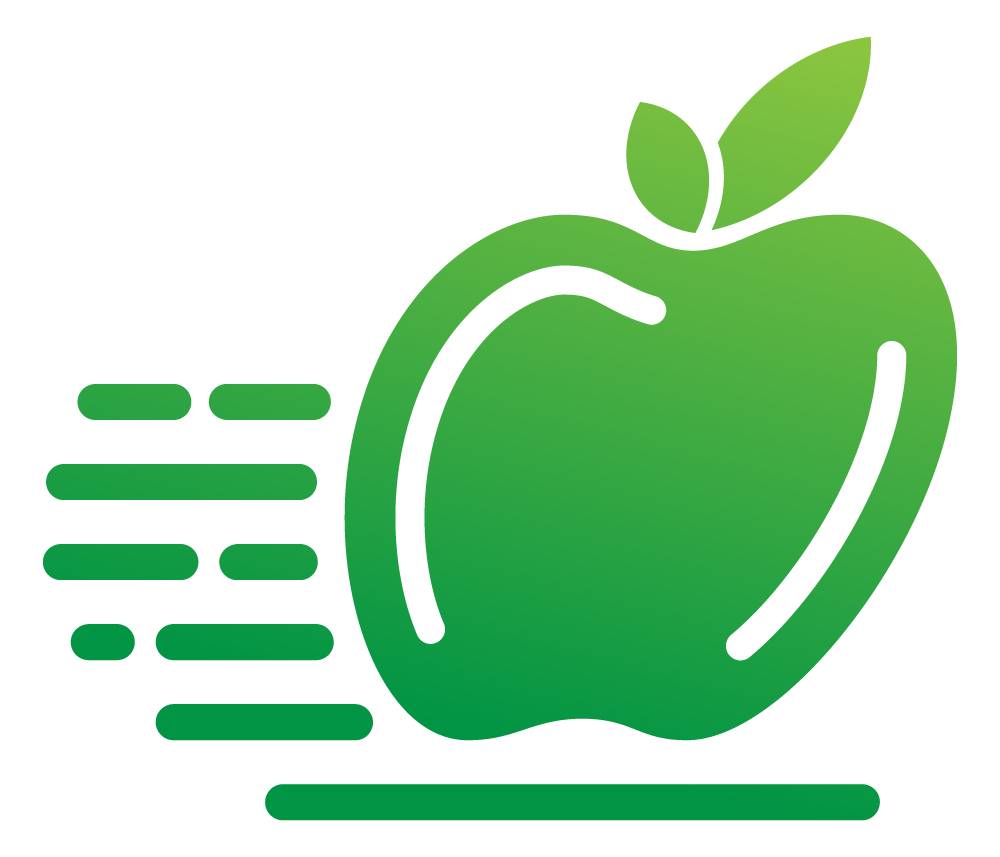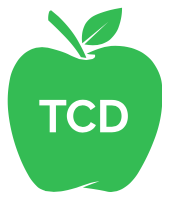On The Importance Of Journaling For Optimal Type-1 Diabetes (And Life) Management
Long time readers of this tiny blog of mine will probably know that I am a big fan of journaling. The act of taking a few minutes every day to sit down and take notes on what’s going on is as innocent and simple as it is powerful.
Journaling allows us to know ourselves a bit better, materialize our fears, doubts and stressful thoughts on a piece of paper. It helps us to figure out situations that apparently do not make sense and, with time, unveil some hidden patterns in our behaviours and ways of living that might be at the root of these “unexplainable” situations.
To give an example, my diet gravitates around whole plant based foods that promote insulin sensitivity (i.e.: naturally rich in carbohydrates and low in fats). That is a sure path towards excellent type-1 diabetes management and time in range, isn’t it? It is indeed, but food is not everything there is to it. Despite great food choices I still experienced (and experience) spikes here and there after my meals, and that did not quite make sense to me. Until I started to annotate my thoughts on paper around meal times! After some weeks of careful observation a pattern started to emerge, and it slowly became visible that almost all post-lunch spikes were happening because I was stressed at work and ate too fast. That was it. Hours of rumination to explain the unexplainable, and I was just eating too fast! Knowing this, I committed to tame my stress levels by introducing simple stress management tricks, such as breathing exercises and short walks (without my phone, of course!) outside the office before and after my lunch. That was all it took to “magically” bring stress under control and blood glucose in range. Never could I have unearthed the fact that stress induced me to eat too fast, which reflected on my blood glucose management, and that calming myself down with some breathing and a short walk was all it takes to improve my insulin sensitivity and avoid blood sugar spikes.
So counter intuitive, so nice to discover. All of that by simply writing down a couple of short mindful sentences.
But that is not all.
What a weapon!
A recent event highlighted how crucial journaling can be to develop a plan to handle certain situations. Let me explain. Readers will know that sleep is arguably one of the biggest levers to pull for optimal management of type-1 diabetes and for reducing all short and long terms risks related to it. Consequently, sleep is my top priority, right there at the top with exercise and nutrition. I rarely trade my 8-9 hours of restorative slumber for evening events, because I know that sleep deprivation greatly damages my blood glucose stability on the day(s) after, and everything becomes more unpredictable.
This week I had an important work event with an important dinner to attend. While I normally just kindly decline any invitation to evening and night stuff, I knew how important this occurrence was for my company and how much being there all together at once would have meant for my Team. This was a new situation for me to handle, and I was perfectly aware of the price that a late night would’ve probably cost me on the day after. But there are times where our priorities can momentarily change, and journaling was my best friend to crystallise this fact. In the past, I would’ve attended the event counting the minutes to escape. This time, writing and thinking about the situation led to a mindful acceptance to some great fun at the dinner. I was fully present and enjoyed every second I could share with my colleagues and coworkers.
But I knew that a late night would have implications for my condition, and journaling assisted me in understanding them and define the best action plan to keep everything in balance. For instance, I knew that the day after my body would be less recovered, so I reduced the intensity of my run and workout to avoid injuries. I knew that sleep deprivation makes us crave more junk food, so I just removed them from my environment. I knew that my carbs-to-insulin ratios would be not as reliable, so I paid even more attention to logging my food before eating to nail my dosage. And I also knew that a lack of sleep is perceived by the body as a stress factor, so I committed to be mindful around my meals: I took some short walks just focusing on my feet on the floor and my breathing, I slowed down the breath before each bite and I chewed slowly.
That not only kept my glucose stable. It also turned eating into a sort of meditation, which further decreased the perceived stress.
But none of these actions, of this awareness, of these factors would have been visible to me without a consistent mindful observation and annotation of my life on paper. Through the years, daily journaling has literally transformed me. I saw and (partially) fixed the issues in my way of interacting with people. I could spot the bad training habits that were leading me to injuries. I could reflect on how I was developing my career. I could clearly state when I was overwhelmed, stressed and burned out, and take appropriate action. And yes, I could unveil some hidden patterns that are making type-1 diabetes much more manageable. In other words, journaling helped me develop my Internal GPS.
I wonder how much more I have to discover. I just know I will keep writing, and I will keep sharing everything I learn on this pages.
If you feel this article helped just a tiny bit, consider sharing it with someone you love, or just giving your opinion in the comments below.
In any case, have a great day my Dear Reader!


